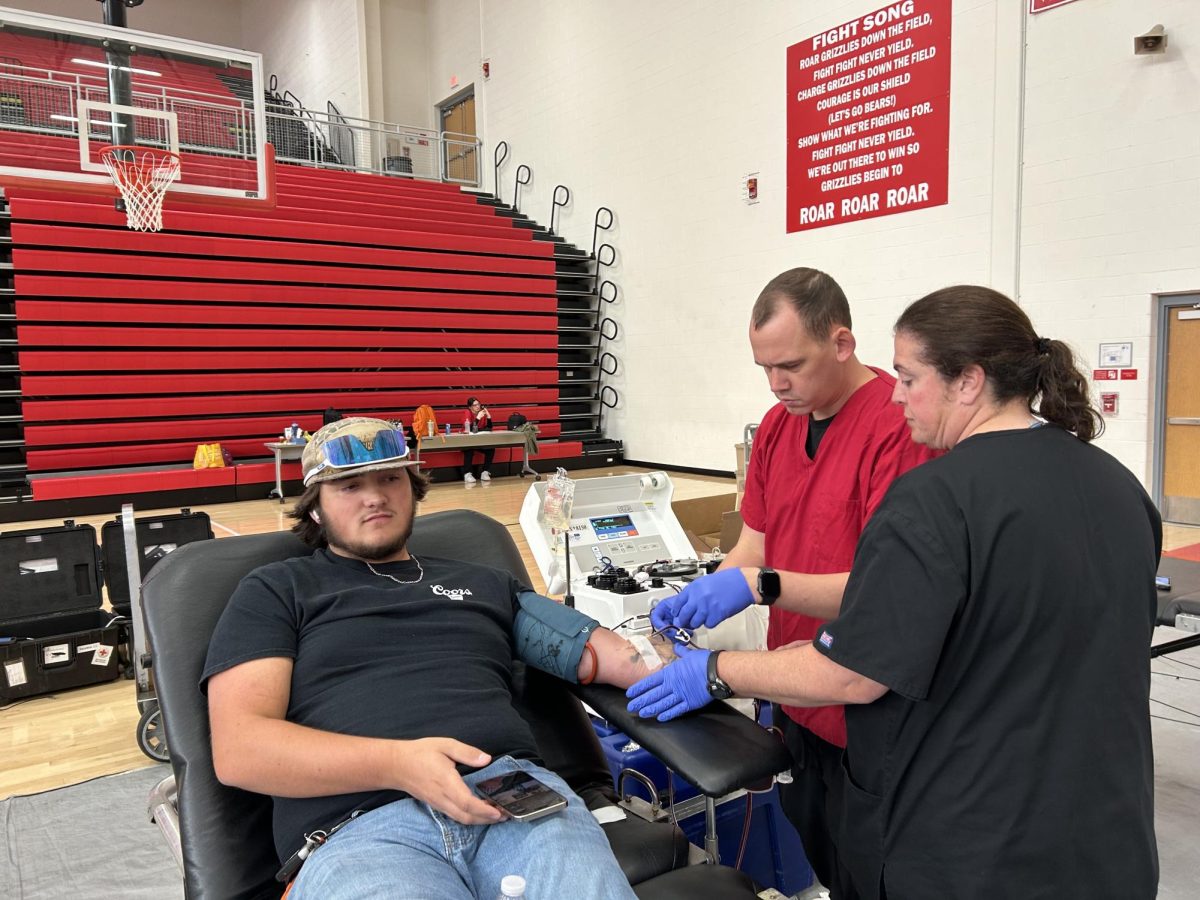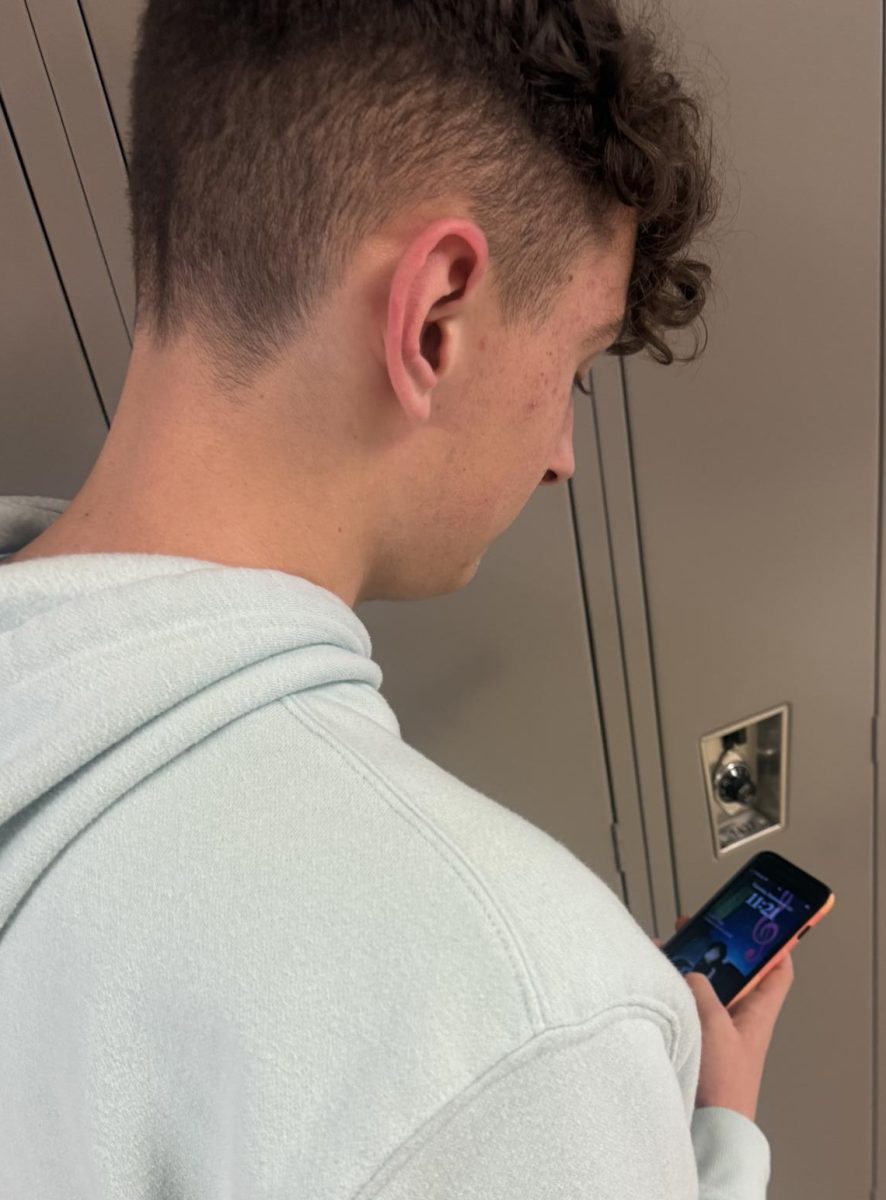BY MICAH BECK
This past December, Congress finally reached a deal on a stimulus package that gives a direct $600 payment to Americans. This was after months of bickering and arguments from both sides, including a presidential veto, which Congress overrode. However, not everyone is eligible for the stimulus; aside from a bunch of exclusions based on legal mumbo jumbo involving gross annual income and taxes, individuals claimed as dependents on their parent’s tax returns are ineligible. I find this to be an aggravating restriction on the stimulus package.
The stimulus package was meant as a solution to help stimulate the economy, hence the name. Back in late March 2020, when the original stimulus package was introduced, our economy had entered a recession and was heavily floundering, due to fears of the coronavirus pandemic. Basic economic theory explains that recessions do not fix themselves, and increased government spending can make up for the decrease of private spending.
Of course, citizens can spend the stimulus money on whatever they want, and it will contribute to the recovery of the economy either way. So, the idea is that they spend it in places that are in more need of support such as small businesses.
This is why I fail to understand why students who work and contribute to the economy already via taxes are not eligible for the stimulus check, solely because of their parent’s tax status. If the stimulus check is meant for people to spend it to boost the economy, why so heavily limit who can spend it? You can be classified as a dependent up to age 24, and at that point a lot of people have already finished college and are pursuing their careers.
“[If] stimulus checks are meant to ease the financial hardships that the pandemic has onset, I don’t see any reason why college students wouldn’t fit the criteria,” says senior Trent Beeman. “If anything, the pandemic has only made college students more financially unstable.”
That is not the only reason I believe students should get it. According to a survey of over 86,000 college students performed by researchers at Temple University, 45 percent of college students felt food insecure. Meaning, they did not feel confident in their ability to afford nutritious food, and were unsure about where their next meal would come from, or if they would be able to meet three meals a day. If college students are living with this, that would make them a pretty good candidate for a stimulus check. They will be the most likely group to spend it immediately; other groups might just put it in savings or save it for later. Therefore, since it is likely that college students are going to spend it immediately, and could really use the money, they should be included. This gives them the opportunity to spend it on things like food, living costs, transportation, and other basic necessities that may already be hard to afford for some. Especially, in a time where lots of jobs are in awkward and uncertain states.
By not including more groups of people in the two stimulus packages that have been passed so far, Congress has failed to take full advantage of their deals meant to stimulate the economy.
Furthermore, the college-age constituents for which Congress represents are only left forgotten and neglected as they fail to include dependents. Representatives on all sides are more interested in bickering and arguing than they are in assisting their constituents in these times, only further contributing to our government’s overall mistreatment of the seriousness of the pandemic.
The fact that students are still not eligible recipients of stimulus funds, even after multiple congressional bill rewrites and proposals, is a failure on Congress’ part to take full advantage of the solution they proposed to stimulate the economy.




































